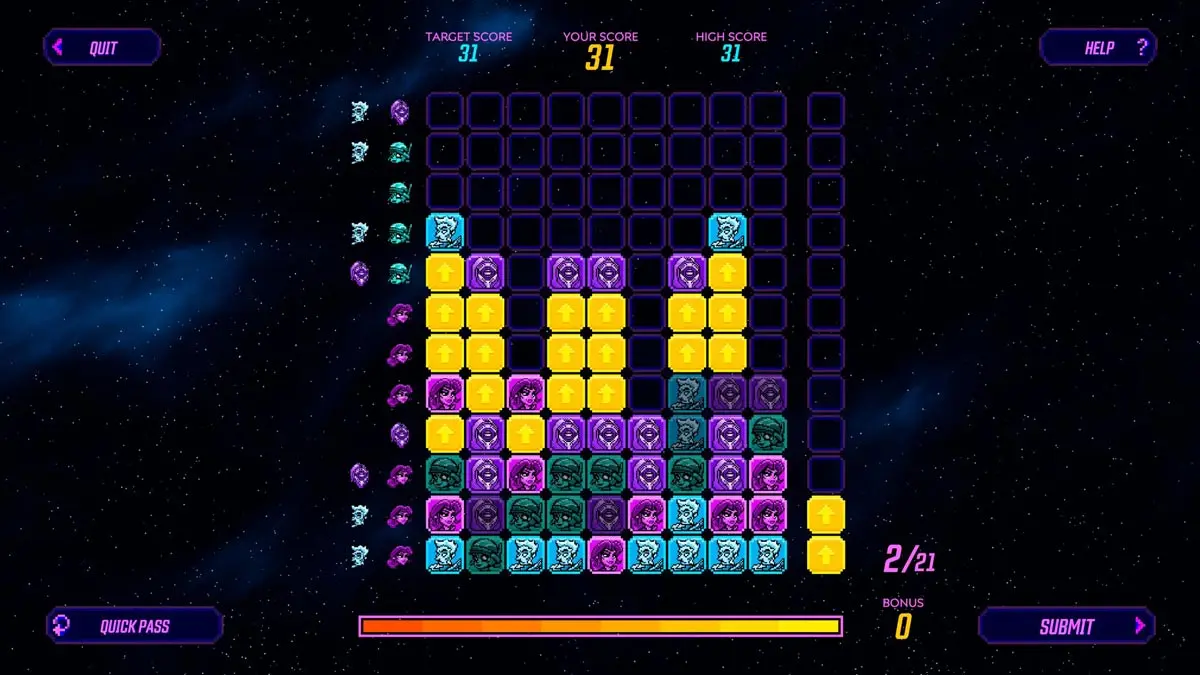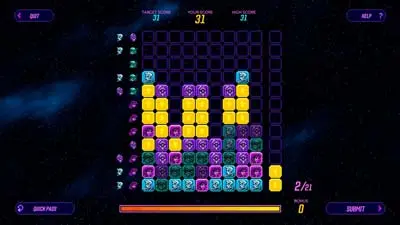
Thanks to a mini-game within Borderlands 3, gamers are helping scientists map the human gut biome.
In fact, more than 700,000 players have helped to solve 36 million puzzles as part of the Borderlands Science mini-game. The program is averaging 1.2 million puzzles solved per day. It first launched on April 7
The initiative is the result of international partnerships with researchers and scientists at McGill University, Massively Multiplayer Online Science (MMOS), and The Microsetta Initiative at UC San Diego School of Medicine.
“Thank you to the Borderlands community for advancing scientific research,” said Massively Multiplayer Online Science CEO and co-founder Attila Szantner. “We had a huge player base during these first weeks, and we hope that this success will entice additional AAA titles to include citizen science projects in their games.”
According to publisher 2K Games, Borderlands Science encodes the DNA of gut microbes as strings of bricks composed of four different shapes and colors. Players connect those colored shapes to help scientists estimate the degree of similarity between each microbe. The more puzzles players solve, the more they help decode the human gut microbiome, all while earning rewards that can be used in Borderlands 3.
“Most players are curious how they are helping science while they are having such an enjoyable experience with the mini-game,” said McGill University professor Jérôme Waldispühl.
“By completing such simple tasks, players are actually helping us more proficiently train artificial intelligence algorithms to align sequences based on what seems right to most humans. This sounds simple, but it requires a lot of data. It could not be completed at this scale until a AAA game developer like Gearbox embraced such a project,” Waldispühl added.
To learn more about the Borderlands Science project, visit Borderlands Science online or dnapuzzles.org.
Trailer
Deals
Prices on the retailer’s website are subject to change.
